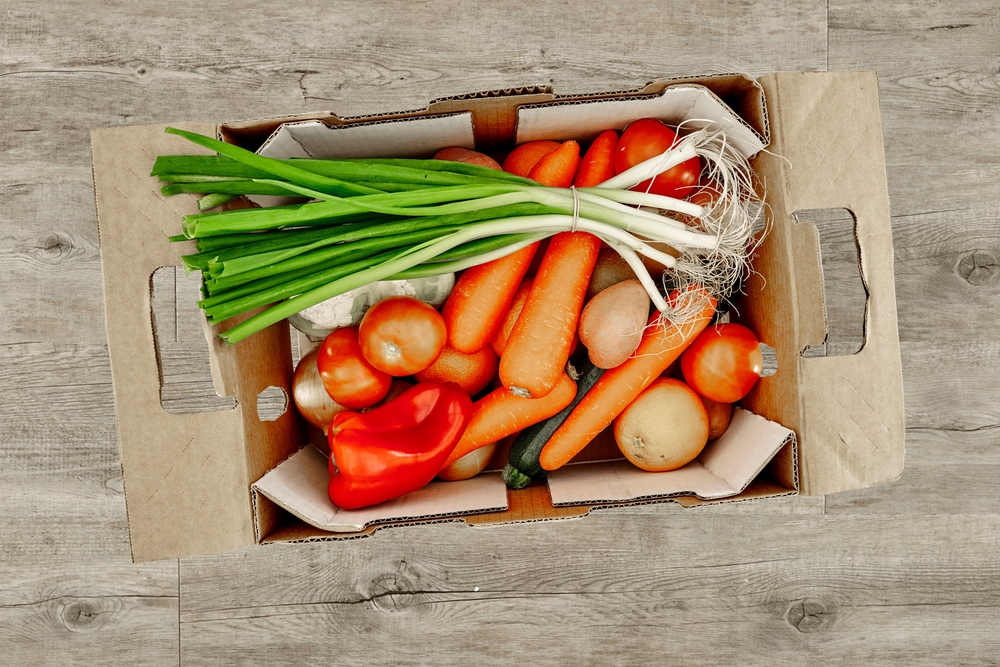How has the pandemic affected healthy eating habits?

The coronavirus pandemic has affected our lives in so many ways, from the way we function on a daily basis to our future hopes and dreams. But for many, COVID-19 has drastically impacted our approach to food and eating habits.
We saw a surge in manufacturers and companies offering online delivery services and pick-up collection options. And although many of us had a brief fitness stint, as gyms shut and we needed to fulfil our allotted exercise allowance, this didn’t last – and neither did the healthy eating.
Studies showed that consumers increased their intake of ‘comfort foods’, such as sweets, fried food, and snacks. This has led to weight gain and a reduction in physical activity. The mental health impact of the pandemic also affected many consumers’ relationship with food and exercise – with individuals feeling less motivated to exercise after the novelty of the various lockdowns wore off. It was also noted that there was an increase in alcohol consumption in many individuals, which can increase weight gain.
Stress was also noted as a big indicator as to why consumers may not have been purchasing fresh fruits and vegetables. It takes more time to think about making a meal from scratch, as opposed to simpler meals that might not be as nutritious.
Access to fresh food was also limited for a period of time during the pandemic. Supermarket delivery slots were hard to come by and people were reluctant to visit their local store on a regular basis – only getting what they needed and stocking up on cupboard and freezer items.
Working from home, as well as shielding or being furloughed, also affected a lot of consumers’ approach to healthy eating and preparing meals in advance. For many, having food delivered, as opposed to going to the supermarket or grocery store. Although veg box delivery companies increased during the pandemic, it seemed that not all consumers took advantage of this – or had access to deliveries or could afford the cost.
 There were certain groups of people more at risk than others of malnutrition and unhealthy eating habits during this pandemic. Older people, for instance, who were isolated from their families and unable to order online. Individuals with chronic health conditions or living in deprived areas also saw their diets suffer, especially during lockdown.
There were certain groups of people more at risk than others of malnutrition and unhealthy eating habits during this pandemic. Older people, for instance, who were isolated from their families and unable to order online. Individuals with chronic health conditions or living in deprived areas also saw their diets suffer, especially during lockdown.
However, the pandemic has also changed consumers’ attitudes to the food they eat because of climate change. More and more individuals are choosing plant-based and vegan options, so they can limit their risk of chronic conditions and illness in the future – as well as protect the planet from agriculture practices associated with the meat and dairy industries.
Although we are seeing things move back to ‘normal’, it’s clear that the pandemic definitely changed consumers’ attitudes towards their diet and the meat industry. According to Food & Beverage Insider, 1 in 5 people in the UK are now eating or have eaten more vegan and vegetarian food since the pandemic began last March. Not just good news for the planet and the animals, but also for brands looking to expand their range of products.



